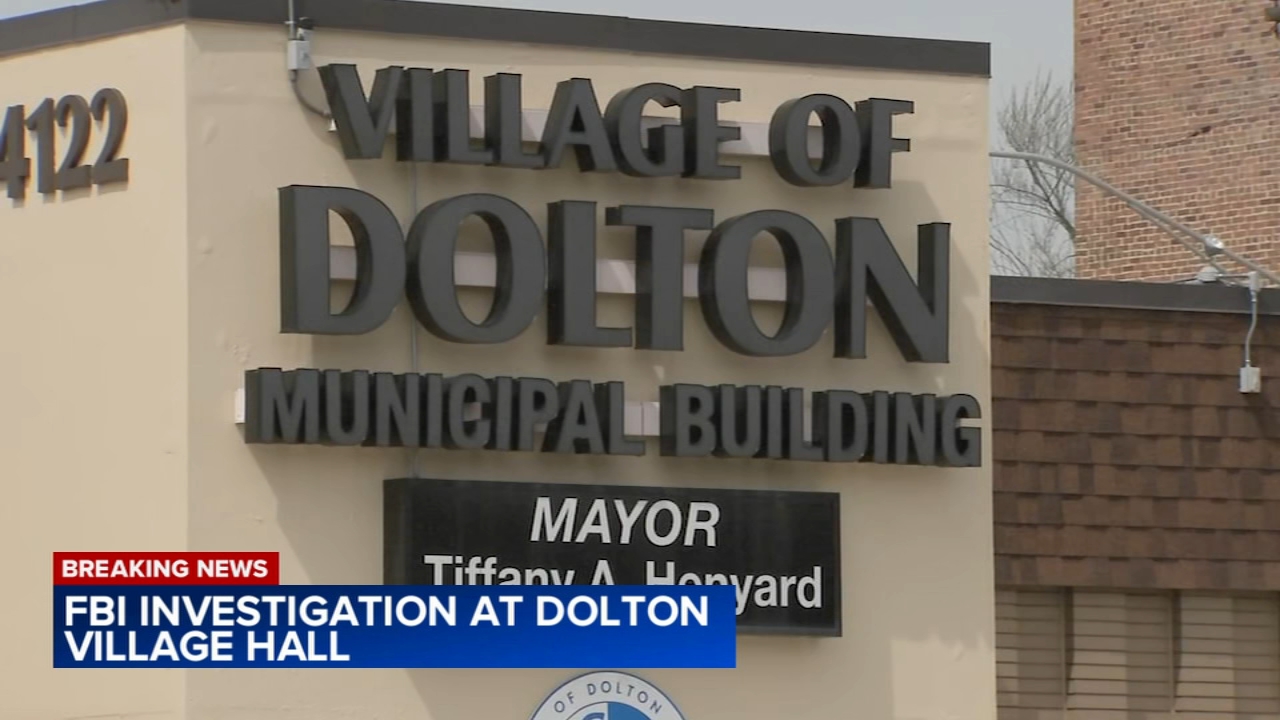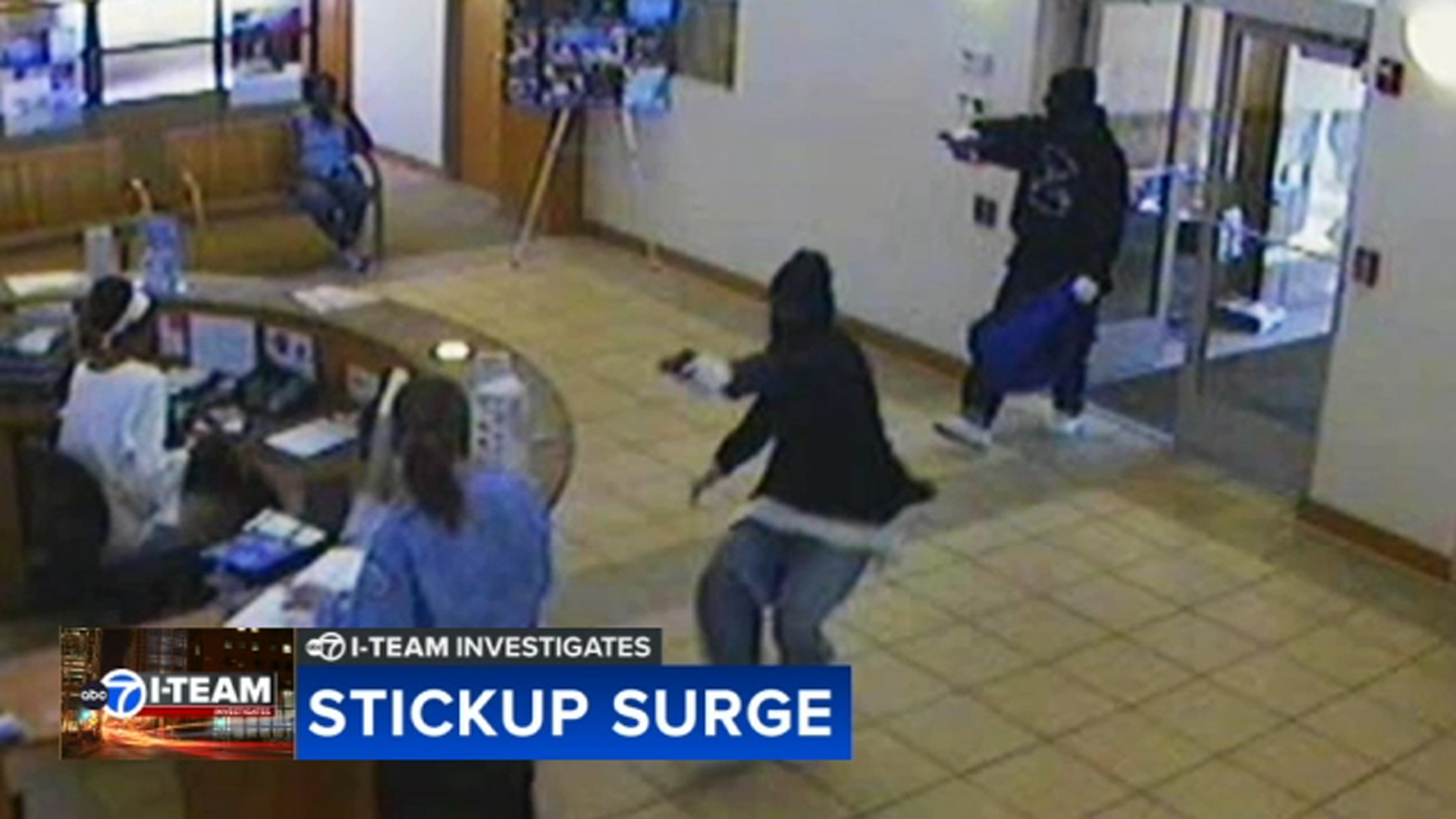Jed Hoyer confident about the Cubs -- and his favorite football team

CHICAGO -- Every year during Super Bowl week, ESPN.com sits down with Chicago Cubs general manager Jed Hoyer. What started as simply getting a one-time, big-game prediction because his beloved New England Patriots were the AFC representatives has become a yearly exercise -- in part because the Patriots keep returning to the championship game. Hoyer has been more right than wrong in his predictions, which we save for the last question.
How well do you know the Patriots, and what's the takeaway from one of the great dynasties of this era?
We've sat and talked to those guys. They're phenomenal. Bill Belichick and I have the Wesleyan connection. What to take from it? The continuity they have and the consistency they have is just incredible. Take away the individual brilliance of Bill and Tom Brady, a lot of it is just about that continuity they have as an organization. It helps them avoid distractions. Their consistency is mind-blowing in a league where there is none.
You mention distractions. The Patriots seem to have mastered avoiding any semblance of one, not just within a season but within an era of football. I mean, some people think -- me included -- you guys are still dealing with the aftermath of winning it all in 2016. They never, for example, have a championship hangover. Does that resonate?
It's remarkable. They just know who they are as an organization. They know exactly the type of players and coaches they want to bring in, and their focus doesn't change. Their strategy changes from week to week, but as far as the people and players they bring in, they're incredibly consistent. All of that helps to avoid distractions. I can only imagine being an opponent.
Let's turn to your sport. Do you think it fundamentally hurts baseball the way the past two offseasons have gone strictly in terms of timing? Even when the bigger names sign, I'm not sure it will be as celebrated as if they happened in November or December.
I don't enjoy this, but at the same time, it's kept baseball in the news, even if people are getting tired of the stories. It used to be these things were done by the middle of December. Now they're dragging out, and ultimately I don't think it's good for the players, teams or the industry to have eternal offseasons like this. I hope we get back to a situation where we use the month of November. That month is barely being used for player discussion. That starts now in December. I hope we push the calendar back again.
What can be done?
I think both sides should get their heads together and figure how do we move things back. Other sports don't have this problem because they have salary caps. Their urgency is based on the finite dollars because of the cap. We don't have that. It's hard to argue with anyone expressing disappointment with how slow the market is moving.
During the Cubs convention, Kris Bryant spoke out about the lack of interest in the bigger-name free agents and how free agency is going in general. He didn't say his own team by name, but obviously that includes the Cubs. He wondered how any team would not be interested in his friend Bryce Harper. How does the team feel about those comments?
When it comes to spending, we have one of the top payrolls in the game. We've spent a lot of money. Some of that is on our young, core players. Some has been on big free-agency signings. Our spending is at a significant level.
So much talk about your budget this offseason reminds people that you've paid a lot for pitching over the years because you haven't developed your own draft picks. It's a topic you are familiar with. Does it continue to be a fair criticism?
Totally fair. We were tighter this winter for a number of reasons, and one of them is we have an expensive pitching staff. It's a good one, but expensive, in part because we haven't had the same kind of zero-to-three [years] of inexpensive pitchers coming through the system like we did with hitters. One of the things we did do this winter was bring Cole Hamels back. It was the absolute right thing to do. That made an expensive rotation even more expensive. Some of the moves made last winter haven't worked out yet. We think they will, but they haven't yet. That leaves us with an expensive rotation for a variety of reasons.
You've turned over some of your minor league infrastructure. You've studied this. Why has developing pitching been an issue? Bad luck?
I'll say this. A big part of being successful in this job is being accountable, not only publicly but also internally. We've spent an unbelievable amount of time talking about that and what we can change. What are we not doing, besides using our high picks on hitters? I don't think you can point to luck. I think that's a crutch. It's on us to continue to ask the right questions and try to figure it out. When we were building, we did acquire a number of inexpensive pitchers, but what we haven't done is taken from the draft and developed.
You mentioned Hamels. In hindsight, with a less flexible offseason, I think people have wondered if using those dollars on him instead of hitting was worth it.
Zero second thoughts. Cole had such an incredible impact on our pitching staff, on our clubhouse. He was totally rejuvenated coming over here. We loved having him. Having a talent like Cole both on and off the field, on a contract like that for one year, seemed like the right thing to do. No regrets whatsoever.
What has it been like balancing the disappointment of the end of last season with the knowledge that you won 95 games?
Every season that doesn't end in a World Series title, you can't feel like it had no meaning. It's just the nature of our sport. But that said, I love the fact that we've gotten to a place where we won 95 games and made the playoffs, and it was considered a disappointment. In some ways, I look at that as a success. We have changed the standard and the culture here, both internally and externally. And the expectations are higher. We had brutal, raw, emotional exit meetings for four days after we lost last season. Five years ago, that season would have been a huge success. I'm proud of that. Now, the key is going further.
Can the Cubs get back to playing the underdog card? Is that possible in a post-World Series-winning world? Would that be a good thing?
There's nothing wrong with having some doubt. In '16, we were clearly the best team in the division, and we embraced that target. That's not the case right now. Our division is the deepest in baseball. Every division series is going to be a real battle. In some ways, that's really good. People are going to pick a lot of different teams to win our division. Complacency is kind of a loaded word, but do I think we played with the same urgency we played with in 2016? No. We just talked about the Patriots. You want that mentality every year. They've created that. We've had good years by normal standards, but have we had that same urgency we had in 2016? No. We need to get back to that.
You hired a 37-year-old pitching coach, Tommy Hottovoy, who spent his time at the computer last year, though he worked with all your pitchers. Is this a millennial-type experiment, or did he earn it just like anyone else would?
No. I think he's going to be a star. I think he's done an amazing job, but largely behind the scenes, working in run prevention. I think we've always looked at him as a guy that can do anything in this game. I think he's going to excel in that role. No question -- the work ethic, the relationships with the pitchers, his mind, his fascination with pitching -- he's going to be great. I'm really excited. Of course, he'll develop in the role.
Recently, you hired Adam Beard, previously with the Cleveland Browns, to oversee all aspects of a player's off-field development, from nutrition to mental health and everything in between. It seems like a trend to hire that type of czar, so to speak. Why now?
This model is one a lot of sports teams in Europe use. Adam has had a great career. The goal is to make sure every single player's care is as well communicated and thought out as possible. Having someone overseeing all those areas and bringing everyone together seemed like the right thing. How do we sync up our player-care infrastructure as well as we can? Adam will do that. When it comes to athlete care, I think he's going to bring a lot of things that are at the forefront of injury prevention.
We haven't talked much about your offense. Is it still your hope and expectation that it will round out the way you thought? Perhaps utilizing the best that Chili Davis brought, the best that John Mallee brought and now Anthony Iopace, combined, of course, with the players' talent.
We always imagined 26, 27, 28 years old, when those guys hit that critical area of their talent and experience matching up, we'd be a monster of an offense. We've had our moments, but that's not what happened last year in the second half. You want that power we showed in '17 with some situational awareness and some veteran know-how. I think we'll get there. It probably didn't happen as quickly as we thought. Candidly, we thought going into 2018 we were in a different place offensively than we ended up. But I think we're going to get there. In fact, we're going to benefit from what happened in the second half last year.
OK, now the big question: What's your prediction for Sunday?
I have Patriots winning 31-27. It's a one-possession game. Every time I think it's going to be lopsided, one way or another, it never is. It will be close. The Rams have elite players, but the way the Patriots have played the last two games, I like them.




